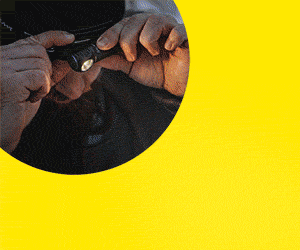1MG FlippingBooks
Protecting Data in Digital Agriculture Gets R&D Boost
Major agtech players in Australia, Bosch, UTS and Food Agility, have joined forces to protect data in digital agriculture to help feed an increasingly hungry planet.

Food Agility CRC is pleased to announce a new $1.5 million partnership with Bosch and the University of Technology Sydney (UTS), that will strengthen data privacy and security across Australia’s agriculture industry.
As major agricultural producers collect increasing volumes of data, they face pressure in appropriately controlling and sharing these datasets with service providers and other industry bodies. This collaborative project seeks to overcome the broad global challenges of data privacy and security in three key areas of the data value chain:
- Sensing – Establishing a framework for the inception of data that protects personally-identifiable information and complies with global anti-trust laws.
- Data Privacy in Machine Learning – Identifying federated learning systems that enable agtech data users to generate high-quality machine learning models using widespread sources of data in a decentralized manner.
- Exchange in data marketplaces – Exploring mechanisms to create trusted digital cleanrooms for data marketplaces.
- Food Agility’s Chief Executive Officer, Richard Norton, said; “We are observing a critical need in our sector for greater accessibility and confidence in agricultural data management. This project creates a win-win for producers and technologists in ensuring we can extract as much value from data as possible, whilst treating it with the respect for privacy and security it deserves.”
- Project Leader, UTS’s Associate Professor, Justin Lipman, contributed; “The collection and sharing of valuable and sensitive agricultural data has the vast potential to improve Australia’s agricultural productivity, efficiency, yield and economic growth. However, unlocking this potential requires appropriate levels of privacy and security across the entirety of the data life cycle, which is what this project will deliver.”
Gavin Smith, President of Bosch Oceania, added, “This project is about trust. Without it, the benefits of smart agriculture will never be fully realised.”
The research activities for this project will generate new insights and technologies that are to be published broadly and adopted into the Bosch global portfolio of data solutions, including the open-source Carbyne Stack.














